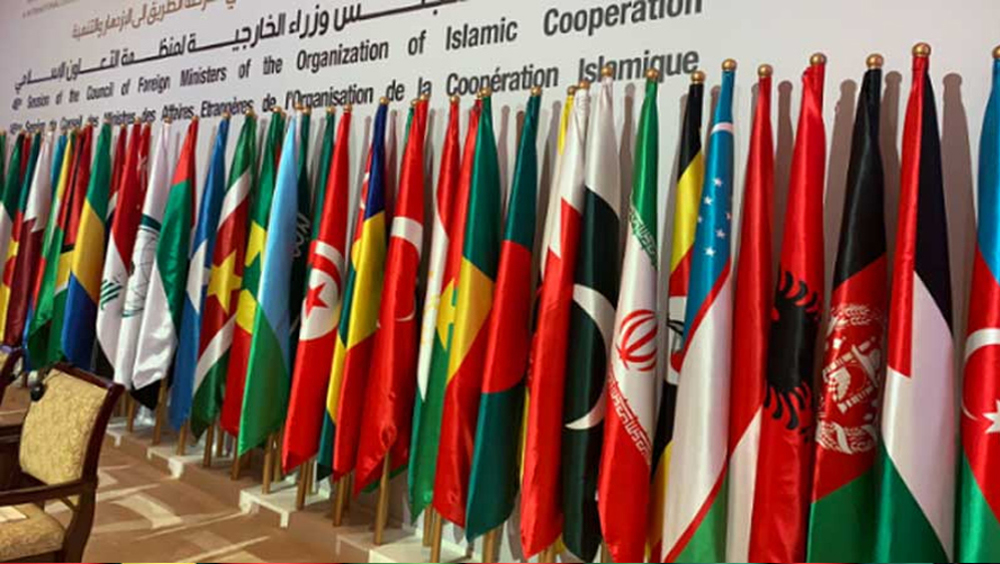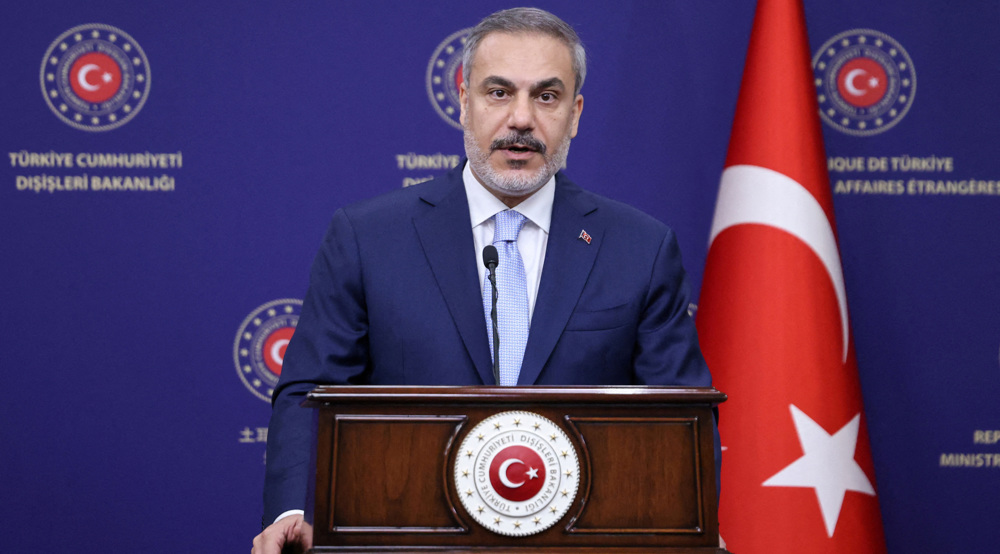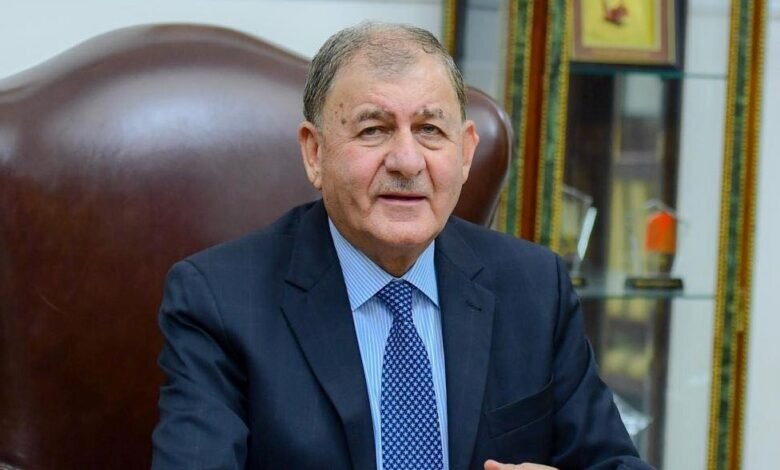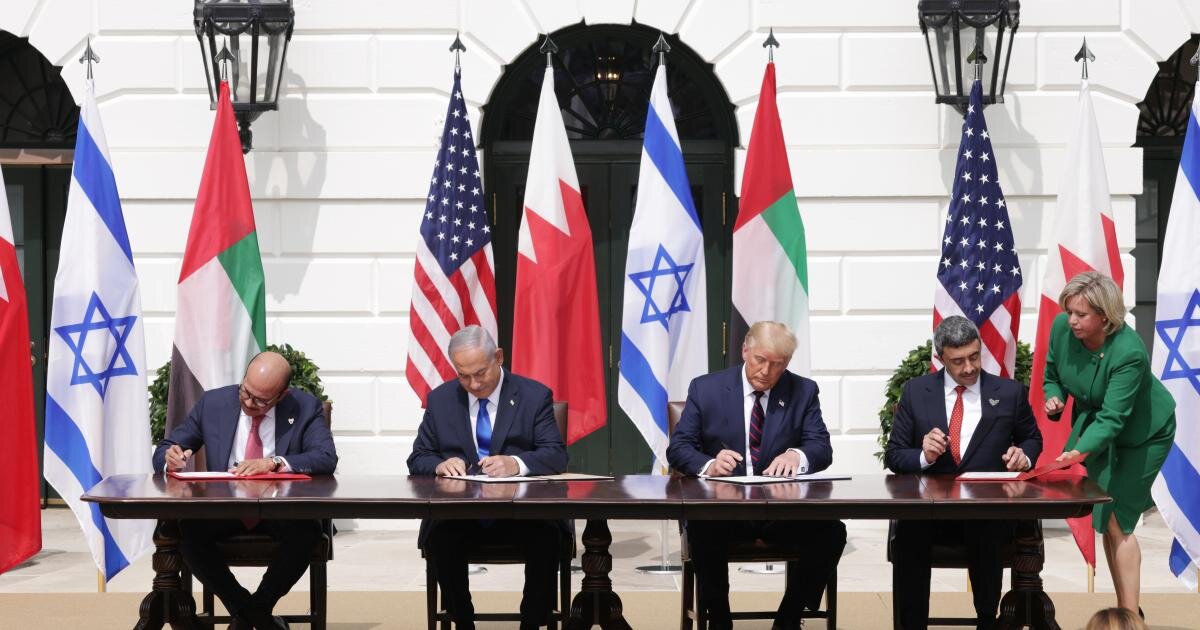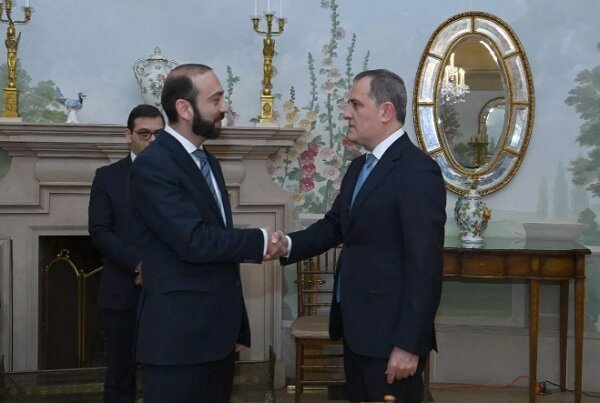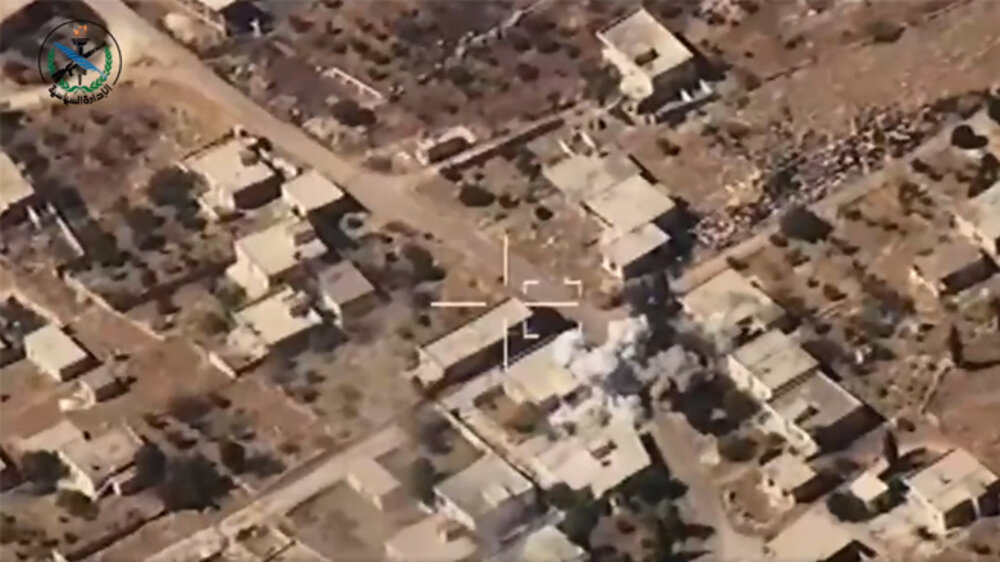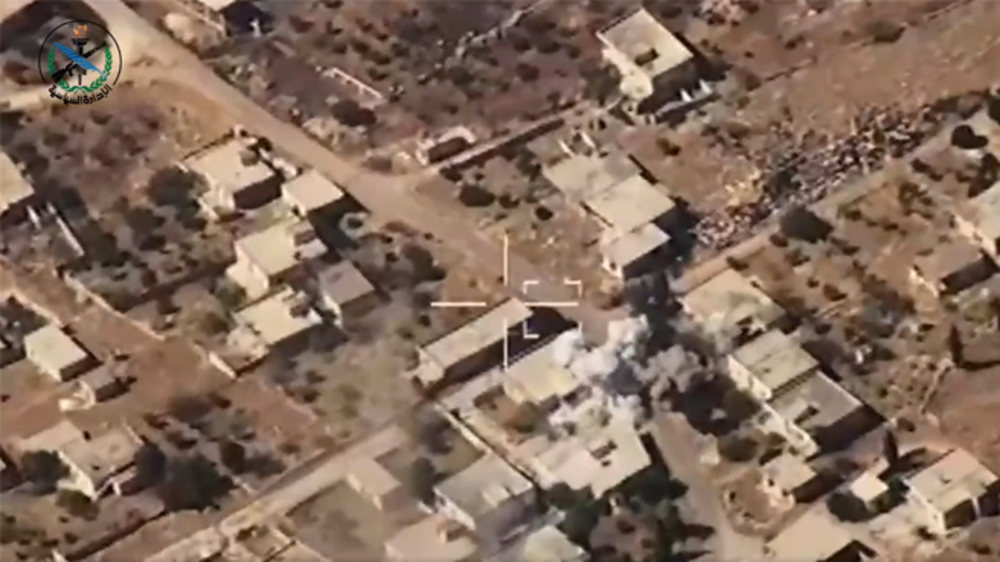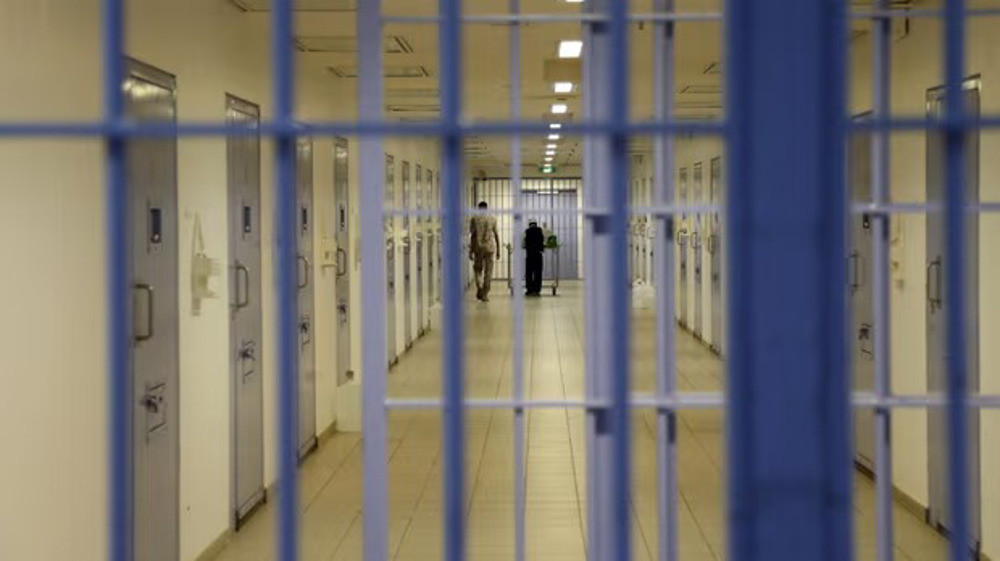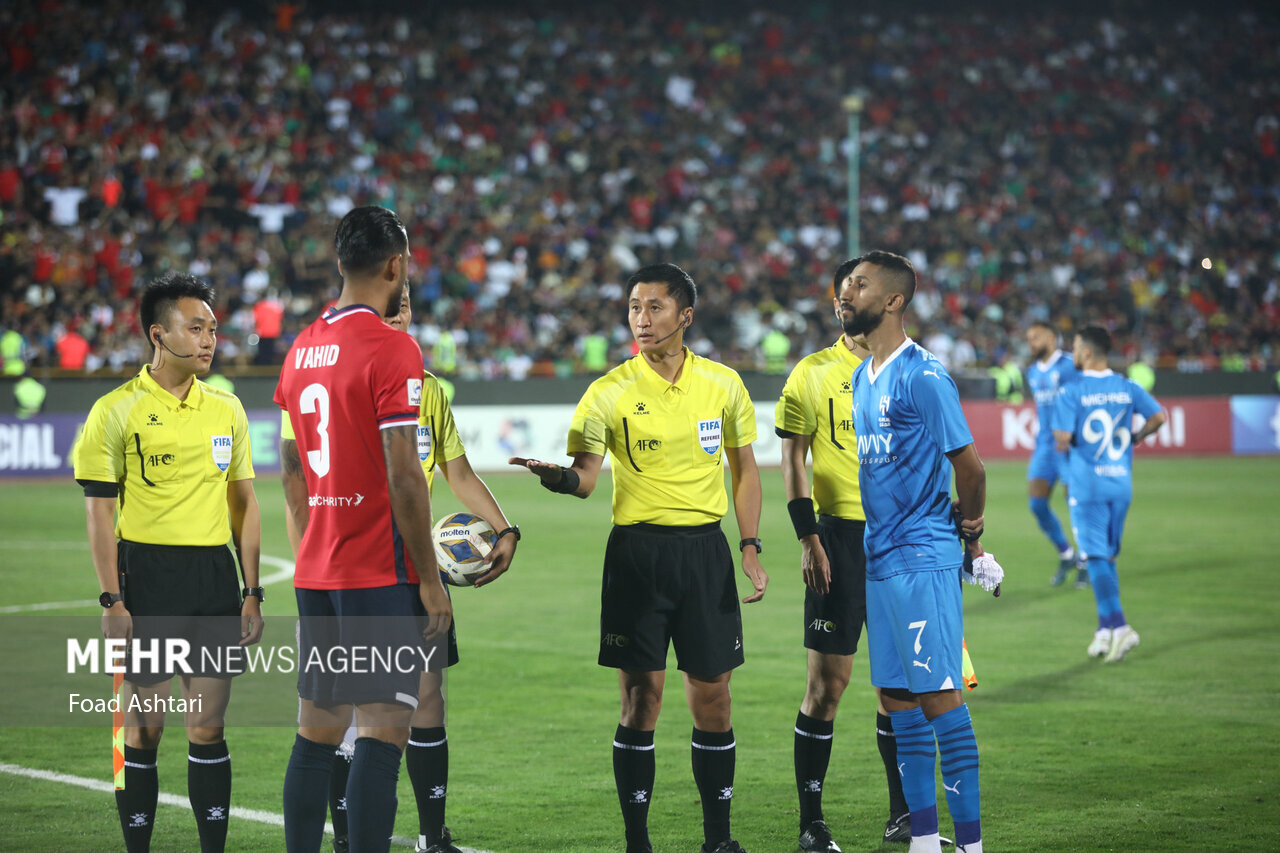The General Secretariat of the Organization of Islamic Cooperation (OIC) has strongly denounced the repeated desecration of the al-Aqsa Mosque by Israeli settlers under the protection of regime troops.
In a statement released on Wednesday, the 57-member organization called for an end to violations against the holy site, and to maintain the sanctity and authority of the al-Quds Endowments Administration.
“It considers this an extension of the repeated violations of Israel, the occupying power, of the sanctity of the holy places and freedom of worship, and a blatant violation of the Geneva Conventions and international law,” the statement read.
The organization demanded that the international community assume responsibility for compelling Israel to end its violations at the holy site.
“The OIC holds the Israeli occupation government fully responsible for the consequences of the continuation of these crimes and systematic attacks that fuel violence, tension, and instability in the region, calling at the same time on the international community to assume its responsibilities to put an end to these serious violations, stressing the necessity of preserving the historical and legal status of the Islamic and Christian holy sites in the occupied city of al-Quds,” concluded the OIC statement.
Elsewhere in the statement, the OIC also strongly censured the blatant assault on worshipers and the arrest of a number of them at al-Aqsa, and the closure of the Ibrahimi Mosque in the southern West Bank-occupied city of al-Khalil (Hebron).
In recent months, Israel has imposed restrictions at the gates of al-Aqsa to deny Muslim worshipers entry.
In the most recent violation, hundreds of Jewish settlers on Tuesday stormed the al-Aqsa Mosque compound under the protection of Israeli regime forces.
Eyewitnesses reported that the settlers broke into the courtyards of the sacred site through the Moroccans’ Gate, also known as the Mughrabi Gate, and performed Talmudic rituals on the fourth day of the Jewish Sukkot holiday.
Condemnations pour in over the ‘provocative’ incursions of al-Aqsa Mosque
On Tuesday, the Jordanian Ministry of Foreign Affairs and Expatriates condemned the ongoing violations by Jewish extremists against the al-Aqsa Mosque compound in the occupied Old City of al-Quds
The Jordan-run Islamic Waqf Department, which is in charge of al-Aqsa Mosque affairs, has the exclusive jurisdiction over the site, Sufyan Qudah, the spokesman for the ministry said.
Non-Muslim worship at the al-Aqsa Mosque compound is prohibited according to an agreement between the occupying Israeli regime and the Jordanian government following the regime’s seizure of East al-Quds in 1967.
In October 2021, an Israeli court upheld a ban on Jewish prayers at the al-Aqsa Mosque compound, after an earlier lower court’s decision stirred outrage among various Palestinians and across the Muslim world.
In May 2021, frequent acts of violence against Palestinian worshipers at al-Aqsa Mosque led to an 11-day war between Palestinian resistance groups in the besieged Gaza Strip and the Israeli regime, during which the regime forces killed at least 260 Palestinians, including 66 children.
The Israeli police allowed the settler incursions into the Al-Aqsa Mosque complex despite repeated condemnations by the Palestinians and the international community. The provocative incidents have been on the rise since the cabinet of Prime Minister Benjamin Netanyahu took office last December.

